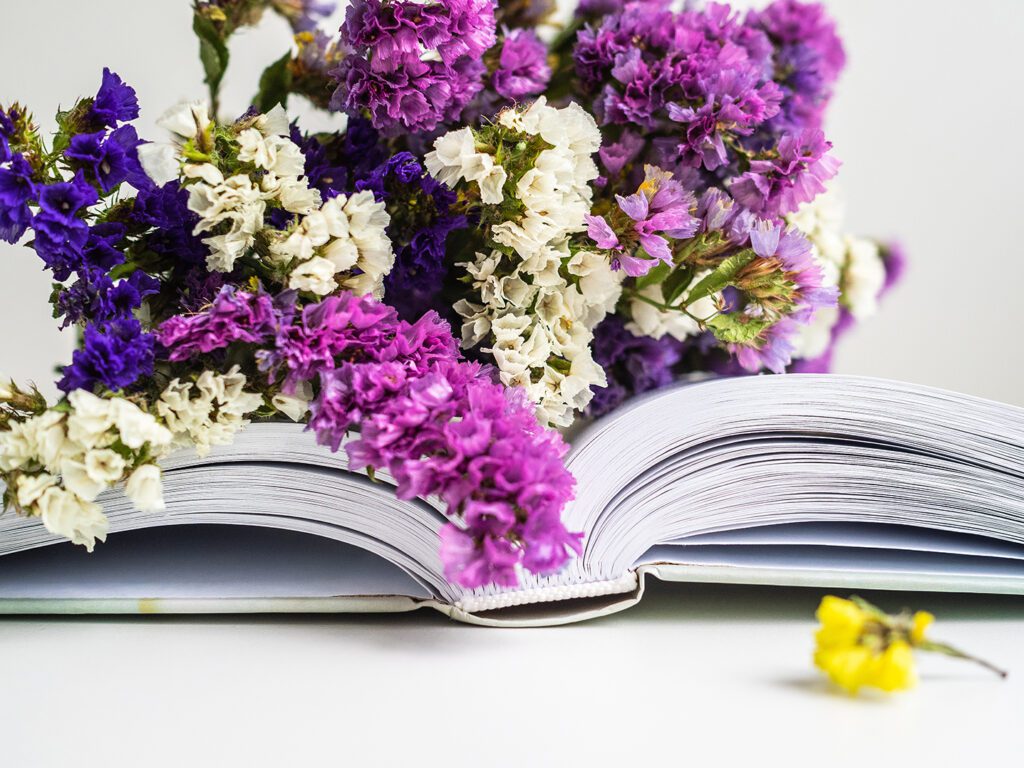By TERESA SCHIFFER
We all rely on agriculture every single day of our lives for our most basic needs, but in modern times we’ve grown a little more distanced from the practices that keep us alive. In recent years, however, the agricultural community has been making a concerted effort to educate the public on the value of farming and ranching. That has meant reaching out to our children to ensure they understand where our foods, fibers, and other commodities come from.
Florida Agriculture in the Classroom is a nonprofit organization that was founded to help provide educational resources, programs, and grants to Florida schools to help students expand their knowledge of agricultural concepts and practices. Every year, the group holds Florida’s Agriculture Literacy Day, a time for industry volunteers to read specially developed children’s books to the state’s students.
This year’s book is titled Here We Grow Florida! The rhyming book was written by Jennifer Morgenthal, the Education Specialist for Florida Agriculture in the Classroom. Morgenthal is passionate about agriculture, partly a result of having grown up in the rural community of Williston, Florida. Before joining Florida Agriculture in the Classroom, she was a high school teacher, so education is also a primary focus for her.
“A new book is written each year,” Morgenthal explains of the Agriculture Literacy Day program, “and we used to highlight Florida agriculture as a whole, but we have since slimmed it down and try to highlight a specific commodity each year. For example, last year’s Ag Literacy Day book was on forestry. This year’s book is on ornamental horticulture and Florida’s nursery and landscape businesses.”
Ornamental plants are big business in Florida, being one of our largest commodities. Many people are not aware of this fact. Morgenthal herself was unfamiliar with the scope of this industry prior to writing this year’s book. “Students look at it every day and they just don’t realize that’s what they’re looking at. If they have plants inside their homes, or they go to school and it’s landscaped, or they go to the mall and it’s landscaped,” she explains. “It’s everywhere you look, and it’s a part of this industry, and we just don’t realize it.”
The books are written at a third- to fifth-grade level, but are read to students in all elementary grades. They incorporate concepts that the featured industry would like to highlight, as well as the appropriate vocabulary. Copies of each book are provided to teachers throughout Florida to share with their students. The books are written using state educational standards so that they can be easily integrated with the schools’ curricula.
Originally, the idea was for educators throughout the state to share the book with students on a specific day. However, due to variations in school calendars and classroom schedules, it was decided that Agriculture Literacy Day could take place any time throughout the school year. The hope is that the book will be read to students by an industry professional. Volunteers in the industry can sign up to take part as readers on the organization’s website, www.faitc.org/ag-literacy-day/.
This year, rather than asking volunteers to go into classrooms to do the reading, they are requested to either take a video of themselves reading this year’s book and sharing the link, or interact with classrooms through the Zoom online meeting platform. There are a few school districts that are allowing guests into classrooms, so some volunteers may have the option of physically visiting those schools. Morgenthal is optimistic that next year, COVID-19 will be well enough under control that volunteers can resume visiting students in person.
This year, instead of stickers or bookmarks, the students will receive an activity newsletter to go along with the lesson. These contain additional information on the ornamental plant industry as well as fun activities for the children. The newsletters are provided to the teachers at no cost, and there are two versions available – one for kindergarten through second grade, and another for third to fifth grade. A newsletter will be provided for each student, plus a few biodegradable seed cards will be given to each teacher to plant as a class project.
Morgenthal started working with Florida Agriculture in the Classroom in late 2019. Her goal was to have that year’s book on forestry read in every one of Florida’s 67 counties. They made it to 48 counties last year. “It’s such a great resource that we have, and the kids really do enjoy it,” Morgenthal states enthusiastically. Hopefully, this school year the organization will achieve its goal of reaching children in every single county in Florida.

